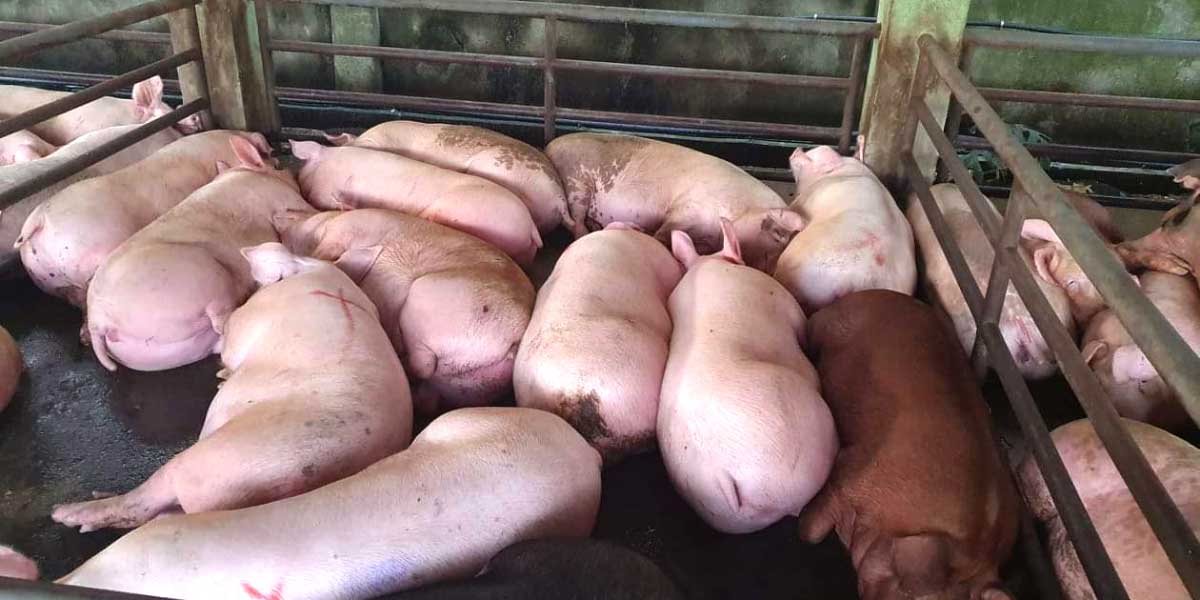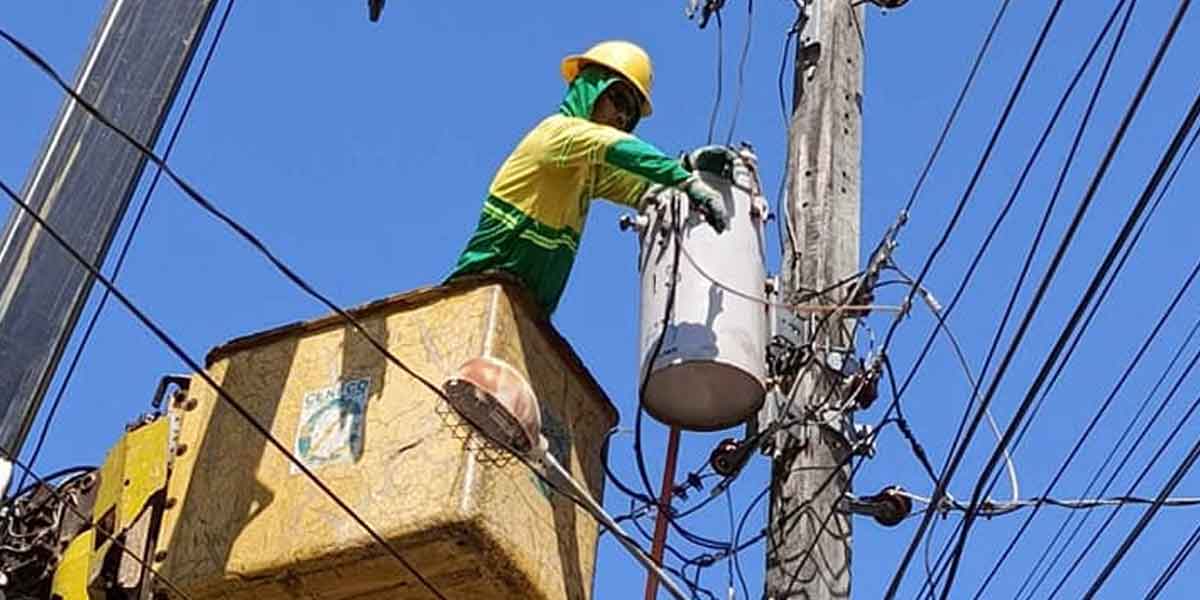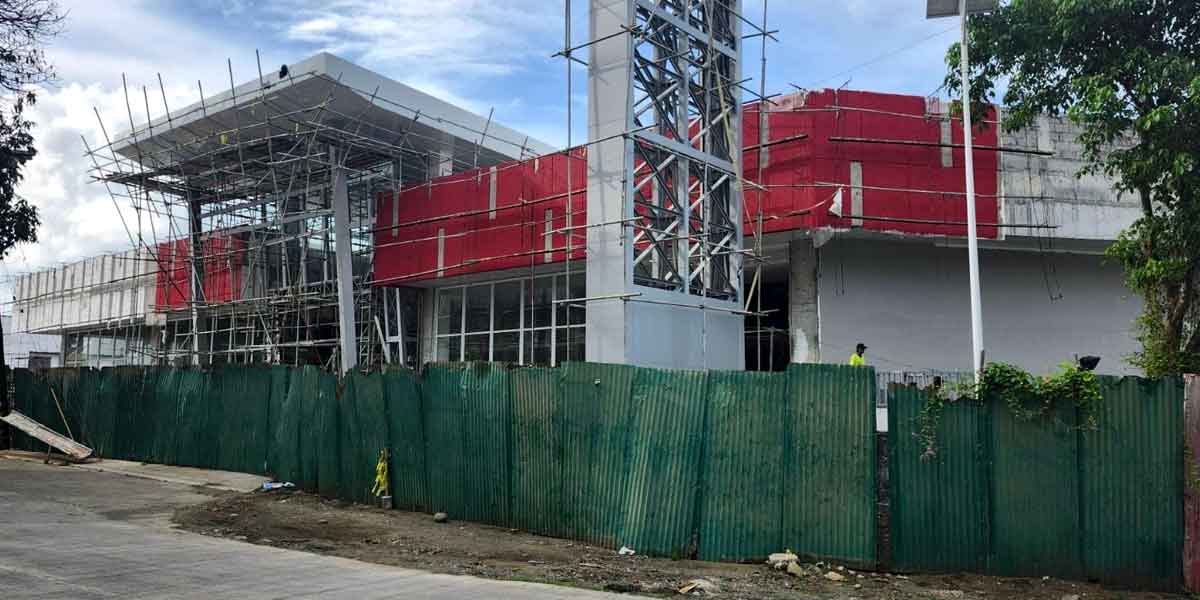
By Francis Allan L. Angelo and Joseph B.A. Marzan
Returning Overseas Filipinos should undergo 14-day home quarantine and follow health protocols even if they tested negative for COVID-19 in their points of origin.
This was the advice of the Department of Health (DOH) in Region 6 despite the guidelines issued by the National Task Force (NTF) Against COVID-19 on the management of Returning Overseas Filipinos (ROFs).
The new guidelines pertained to testing via Reverse Transcription-Polymerase Chain Reaction (RT-PCR) technique for ROFs.
The RT-PCR method is considered the most reliable way of detecting SARS-CoV-2 which causes COVID-19.
The NTF Against COVID-19 order stipulates that all ROFs arriving at all ports of entry, regardless of their categories, shall undergo RT-PCR Testing for COVID-19. While waiting for their respective RT-PCR results, the ROFs shall be temporarily quarantined in accredited quarantine facilities.
Instead, they would be tested via RT-PCR upon arrival and would be temporarily quarantined in accredited quarantine facilities.
Should they test negative for the coronavirus disease 2019 (COVID-19), they would be allowed to return home, but if they show positive results, they would be immediately transferred to isolation facilities.
ROFs with positive RT-PCR results shall be transferred immediately for isolation. While those ROFs with negative RT-PCR shall be allowed to travel back to their respective residences.
ROFs who are negative with COVID-19 and have already undergone the required quarantine period shall be assisted for departure to their final destination (city/ province).
All receiving local government units (LGUs) shall not deny the entry of ROFs with complete requirements, provided that prior coordination was made through the National Task Force and/or the Regional Task Force, and other concerned agencies as deemed necessary. The requirements include a copy of the negative RT-PCR result of the ROF and certification, and travel clearance.
All ROFs in good health with a testing document showing a negative RT PCR result for COVID-19 shall not be subjected to another 14-day quarantine by the receiving LGU.
DOH-6 emphasized that LGUs through their Barangay Health Emergency and Response Teams (BHERTs) play an important role in monitoring the ROFs that have arrived in their area.
ROFs should notify their respective LGUs if they manifest signs and symptoms of COVID-19. The LGUs shall then inform the local Regional Task Force for coordinated action.
But Department of Health 6 Assistant Regional Director Ma. Julia Villanueva said in a press conference Wednesday that negative RT-PCR results are only as good on the day the swab sample was extracted.
There is still the possibility of being infected, especially when travelling back to their home provinces.
Local Health Support Division chief Dr. Ma. Sophia Pulmones said that those who have not completed their quarantine in the port of origin should complete it upon their arrival, whether at their homes or at Temporary Treatment and Monitoring Facilities (TTMF).
Pulmones added that this was also ideal for ROFs who may have co-morbidities or have relatives in their homes who have co-morbidities.
“The recommendation is that they continue quarantine, it’s either at home or the TTMF. We only recommend home quarantine as it is an ideal set-up, wherein they have their own room, their own CR, to ensure that wouldn’t mingle with the other members of the family. If it’s not an ideal set-up at the home, we recommend completing quarantine at the TTMF to be sure. When the ROF is either at home or at facility quarantine, they should also observe minimum health standards, like the use of face mask in interacting with others, maintaining physical distancing, and respiratory and hand hygiene,” Pulmones said.
Dr. Villanueva cautioned that all returning individuals, which include ROFs and Locally-Stranded Individuals (LSI), should be subjected to monitoring by their respective Barangay Health Emergency Response Team (BHERT).
“All returning individuals have to be known by the BHERTs. The BHERTs will be responsible in monitoring these ROFs. In case of signs and symptoms, the BHERTs will inform the Local Health Office that an ROF manifested signs and symptoms. So as provided, they will be isolated, and the LGU will pick them up for isolation,” Dr. Villanueva said.
She also said she agreed with the suggestions made by netizens that ROFs should still take precaution and undergo self-quarantine for 14 days in their own homes.
“That’s supposed to be the case, that when they arrived, they were negative and went straight to their homes. So within the 14 days, they will be monitored, and they should quarantine themselves at their homes. But for us, they wouldn’t need to undergo quarantine at the temporary treatment facility but rather in their homes,” she said.
Dr. Villanueva also reiterated that the NTF guidelines mandate the DOH to provide health education and Information, Education and Communication (IEC) materials to ROFs.
“Part of these guidelines is that they will be provided with health education and IEC materials when they arrive, so that they will be aware when they should report signs and symptoms and what they should be doing when they quarantine themselves so that they wouldn’t infect other people, in case that they do have COVID-19,” Dr. Villanueva said.




















